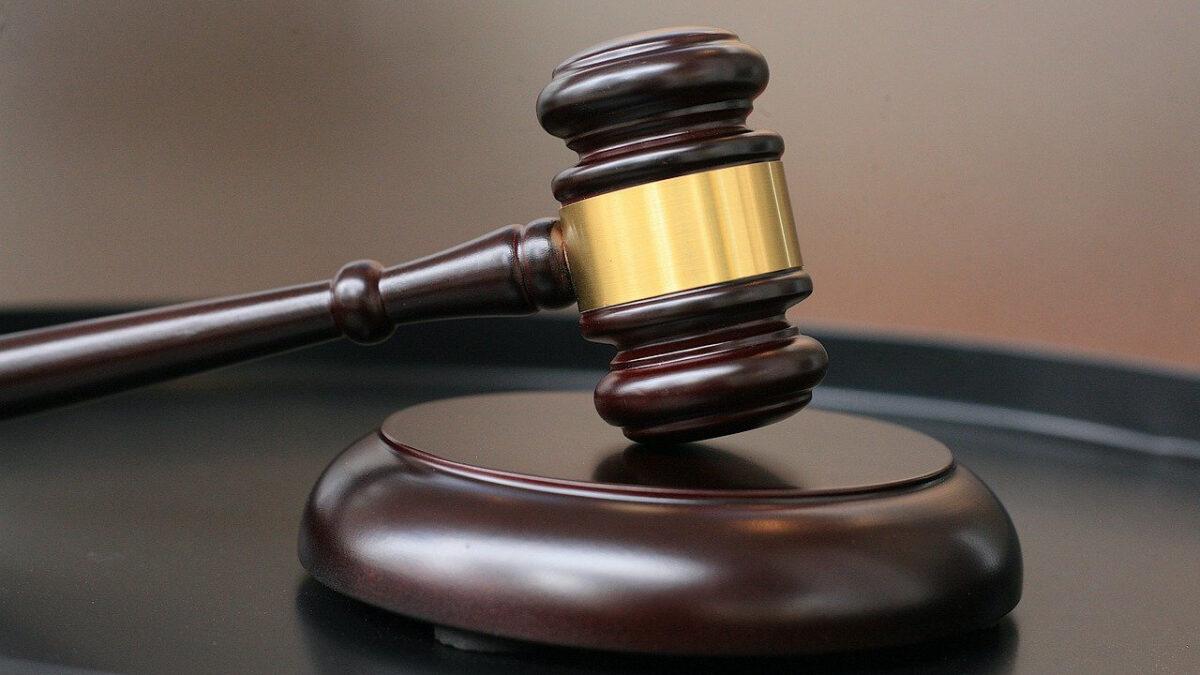[BOISE] – Today, the Idaho Supreme Court denied John Wurdemann access to a compensation fund for defendants who are wrongfully convicted and are subsequently able to demonstrate their innocence. This fund has been used previously for defendants who were exonerated by DNA evidence.
John Wurdemann was convicted for a June 2000 crime when he and three other people were accused of forcing a woman to stop her car on Interstate 84 in Canyon County, demanding money and drugs from her, commandeering her vehicle, and driving her to a dark field along a country road. There, the accused foursome took the victim’s money, credit cards, and belongings, stabbed her repeatedly, slit her throat, hit her in the head with a baseball bat, slashed her shoulder, set her car on fire, and left her to die.
Four people were initially convicted for these crimes, including John Wurdemann’s brother, Kenneth Wurdemann, who pleaded guilty and has subsequently been released.
Ten years later, John Wurdemann’s conviction was overturned on procedural grounds of ineffectual counsel, stemming from an improper police lineup that his attorney failed to object to. The prosecutor chose not to re-try the case because Wurdemann was already serving time for another conviction. The State maintains its position that Wurdemann is, in fact, guilty of the June 2000 crimes.
“I am pleased with the ruling from the Idaho Supreme Court related to the Innocence Fund,” said Attorney General Raúl Labrador. “Compensating wrongly convicted individuals based on new evidence demonstrating their innocence is a matter of moral fairness. However, demanding access to the fund for a procedural dismissal for ineffective counsel without presenting exonerating evidence is not the same thing.”
The ISC agreed with the position of the Attorney General’s Office who defended the State against this appeal and wrote in their opinion, “While the improper admission of the lineup evidence resulted in a reversal of his convictions, this does not establish Wurdemann’s factual innocence. To put it simply, Wurdemann’s convictions were ultimately overturned based on the deficient performance of his trial attorneys and the resultant prejudice to his right to a fair trial—not because evidence showed Wurdemann was actually innocent.”


